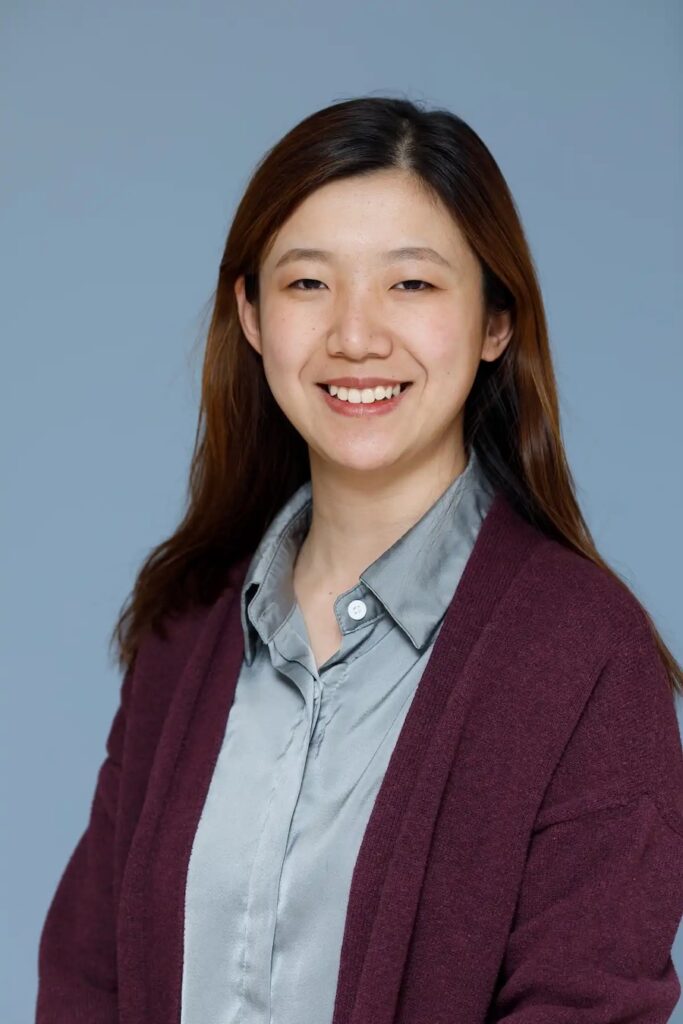
YOU ARE BOUVÉ
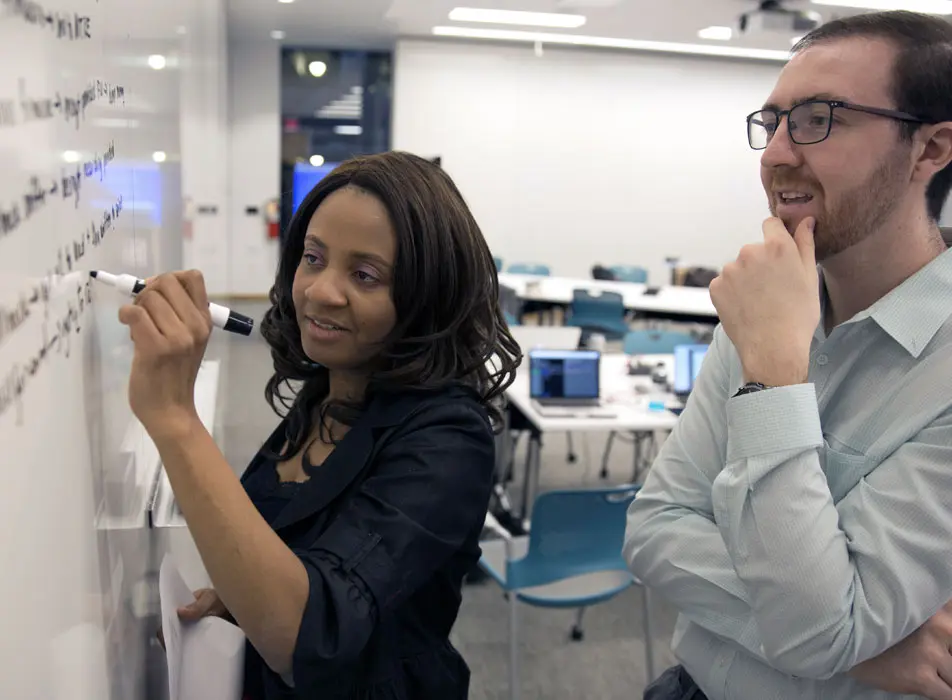
The PhD Program in Population Health at Northeastern University integrates interdisciplinary education and experiential learning opportunities to train students to become public health researchers and leaders who understand the complex factors that affect the health and well-being of populations. The program has:

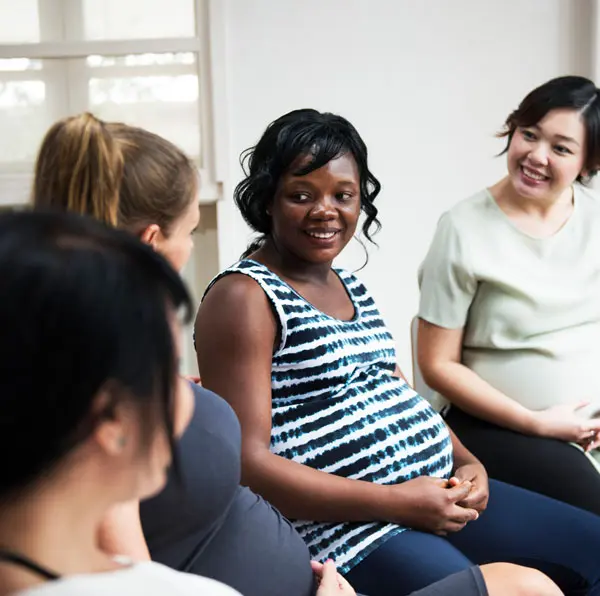
Our program trains students to become public health leaders through simultaneous examination of multiple determinations of health, including social, environmental, nutritional, and behavioral risk factors.
Our students investigate the underlying causes of adverse health, including disease, disparities, and disability, through training in core population health disciplines:
This training is done together with individual-specific and specialized training in topics related to student research.
Our students are mentored by Northeastern’s distinguished faculty, who individually and together conduct innovative, solution-focused research in critical population health topics.
Degree type: Doctor of Philosophy in Population Health (PhD)
Study Format:
– Full-time
– On-ground (Boston campus) only
– PhD Option for full-time professionals
Entry Term: Fall
Application deadline: Dec 6
Prerequisites: None
Most applicants have a master’s degree
Applications accepted:
Domestic and international
Grad assistantships available:
Full-time students only
GRE: Optional
Please Note: PhD students in the Bouvé College of Health Sciences may not request enrollment deferrals. If you are admitted for a given term but wish to be considered for a future term instead, you must re-apply to the program in order to be considered for admission and funding.
Population Health doctoral students conduct research that addresses key determinants of health including:
All Population Health PhD candidates must earn at least 33 credits by completing core research courses, selecting a concentration, and taking additional electives and directed study courses, as needed and in consultation with their faculty advisors. They must complete a dissertation in order to earn their degree.
A full list of program outcomes for the PhD in Population Health is available on the department page.
Curriculum subject to change.
For most up-to-date information please refer to the university’s academic catalog.
The Population Health PhD program accepts applications through December 6 for Fall entry. While there are no prerequisites for this PhD, most of our applicants have a Master’s degree.
Applicants with an interest in rigorous research training in public health are encouraged to apply. Receipt of a previous master’s degree in public health or related field is not required however evidence of skills and aptitude in quantitative research methods from degree transcript and work experience will be noted. Submission of GRE test scores is optional. You may be asked to participate in an interview with member of the admission committee and/or potential faculty mentors prior to an admission being made.
Completed SOPHAS application
Official transcripts
Mailing Address:
SOPHAS Transcript Processing Center
P.O. Box 9111
Watertown, MA 02471
Electronic transcripts: See SOPHAS Instructions
Resumé
Personal Statement
Official test scores
Submission of GRE test scores is optional.
TOEFL or IELTS scores are required from international applicants who possess degrees from institutions outside the United States. Use code #5688. The PhD Program requires a minimum score of 100 on the TOEFL (official test scores from similar English-language tests may not be substituted in place of the TOEFL).
Requests to be waived from the TOEFL requirement are determined on a case by case basis by the Program Director. Email Dr. Beth Molnar at [email protected] with your request and relevant materials (eg, CV/resume, transcripts).
3 letters of recommendation
Only academic and professional letters of recommendation will be accepted.
SOPHAS application fees and fee waivers:
We welcome your questions about our program. Please send general program inquiries and admissions-related questions to:
Dr. Beth Molnar
Program Director
Tali Schiller, MPH
Program Manager


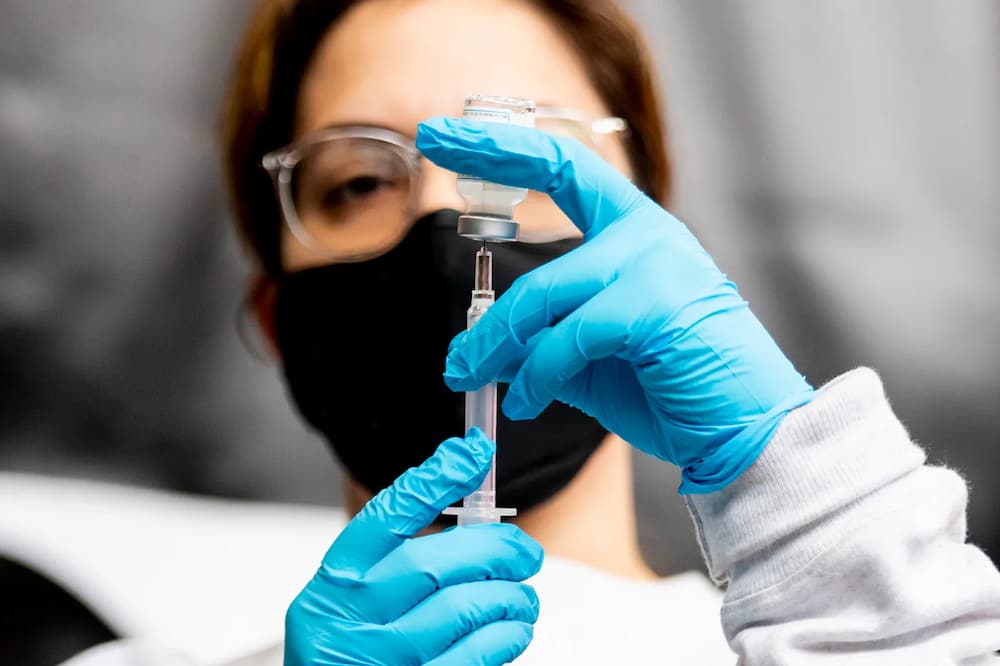
Completing your public health training at Northeastern University affords you the opportunity to learn from and work with public health professionals striving to improve the health of individuals, families, and communities around the world. Below are the main areas of expertise for our faculty. That said, the public health field is vast, has many interdisciplinary overlaps, and is ever-evolving. We both welcome and drive that change for current and future public health careers.
Cutting edge data collection and analysis methods, including application to large, real world datasets.
Enhancing the health of groups, including those living outside of metropolitan areas.
Relationships between people and their physical contexts: the impact of people’s behaviors on those contexts and the impact of these contexts on health (e.g., pollution).
Distribution and determinants of health-related issues within populations and applying lessons learned to ameliorating these issues.
Determinants of and ways to improve health in a worldwide context with a goal of achieving equity.
Exploring the best practices and methods for explaining and disseminating information to promote better health.
Enhancing efficiency, effectiveness and value in health and influencing rules and regulations accordingly to achieve health-related goals.
Applying organized knowledge and skills using devices, medications, vaccines, procedures and systems to address health-related issues and improve quality of life.
Individual psychological states and how they influence people’s actions, along with ways to enhance these for the betterment of health.

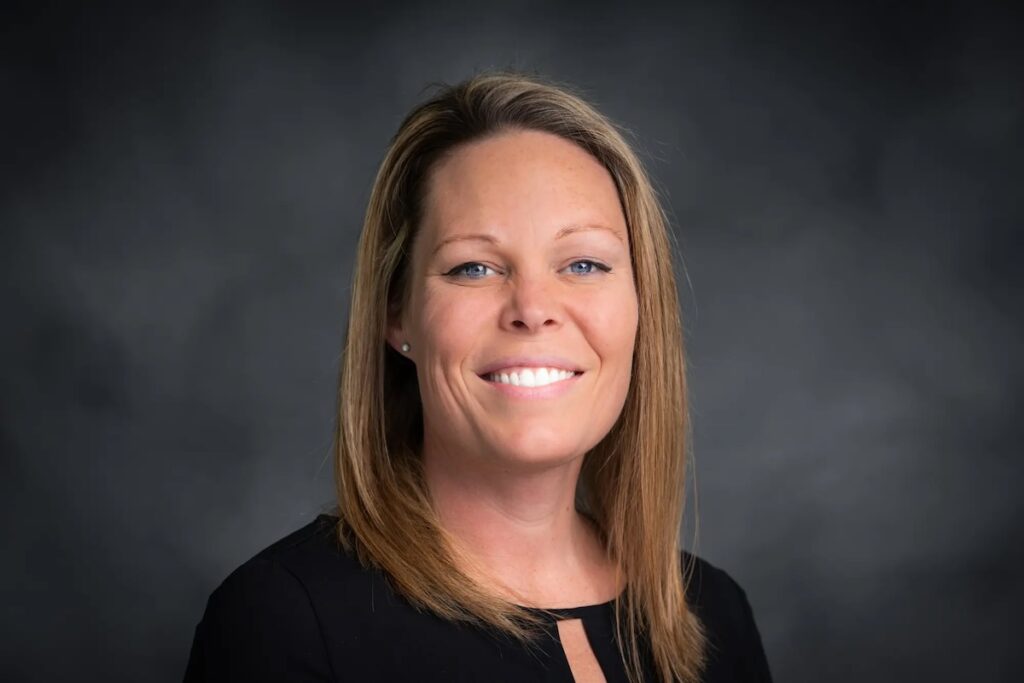

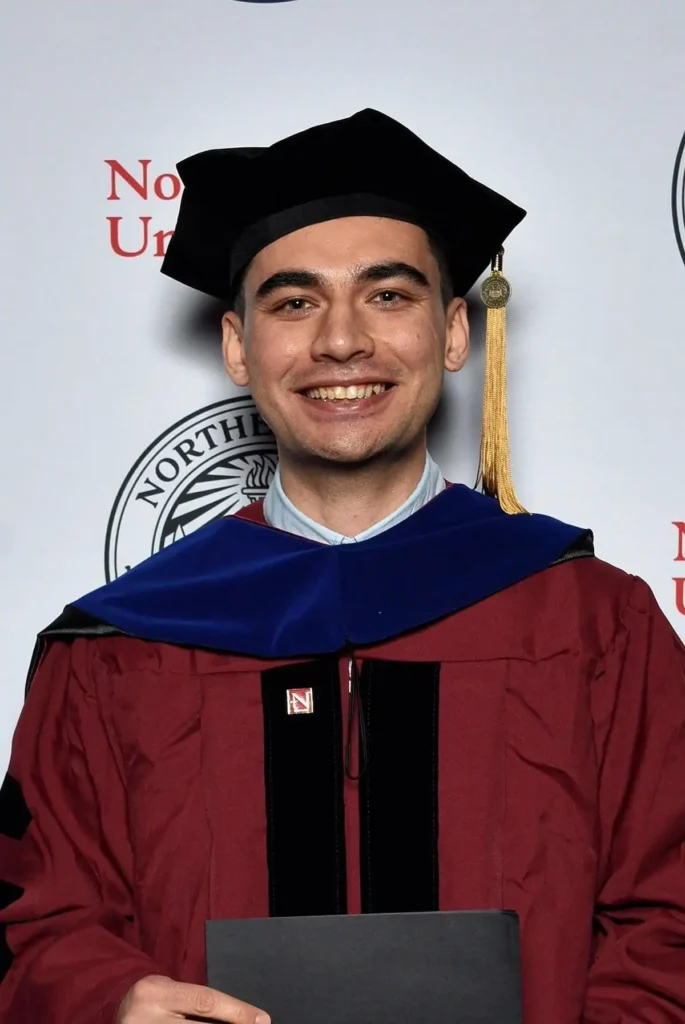
No, our program does not have specific requirements with regard to classes applicants must take or have taken prior to applying. However, the majority of the students in the program enter with a previous master’s degree.
Submission of GRE test scores is optional.
TOEFL or IELTS scores are required from all international applicants who have not earned an undergraduate or graduate degree in the United States or in a country where English is the primary language. Fluency in English is integral to success of graduate students in our program. Guidelines for submitting a request to waiver the TOEFL/IELTS requirement are outlined in the Admissions section.
Certain required classes (for example, introductory classes in Biostatistics and Epidemiology) can be waived if you’ve taken equivalent classes in previous graduate programs. Course waivers will be determined on a case-by-case basis once a student is accepted and officially matriculates into the PhD program. Please note: course waivers do not substitute for the 33-credit requirement. Students can enroll in elective courses to meet the requirement.
Our program offers graduate assistantships for doctoral students, which cover tuition and include a yearly stipend in exchange for 20 hours of work each week. You do not need to do anything further than submitting your application to the Program to be considered for a graduate assistantship.
A few required courses have online course equivalents that doctoral students may choose to take. However, we do not offer the program as an online program, and these online class offerings are very limited.
It is a critical part of the admissions process that there be a close match between a prospective student’s research interests and one of our faculty members. The first step is to examine faculty profiles and discuss potential matches in your personal statement. The next step happens within our faculty committee. There is no need to obtain any commitment from a faculty member before you apply.
We welcome any questions you might have about our program.

ScD
Program Director, PhD Program in Population Health; Professor Public Health and Health Sciences

MPH
Program Manager, PhD Program in Population Health; Part-time Lecturer Public Health and Health Sciences
Students are trained to conduct research examining the social and environmental determinants of health through a cohesive, transdisciplinary program that integrates topics that include the five pillars of public health, including epidemiology, biostatistics, health program evaluation, environmental health, and social determinants of health.
Social Epidemiology
Advanced Methods in Biostatistics
Dissertation preparation classes (exact credits determined in conjunction with faculty advisor)
Directed Study (can be repeated as needed)
Sample Electives
Various electives (exact number of courses determined in conjunction with faculty advisor)
Theoretical Foundations of Personal Health Informatics
Health Organization Management
Public Health Policy and Administration
Strategic Management and Leadership in Health Care
Global Health
Health Education and Program Planning
Advances in Measuring Behavior
Social Movements in Health
Qualitative Methods in Health and Illness
Causal Inference in Public Health
Data Mining
Statistics for Big Data Sets